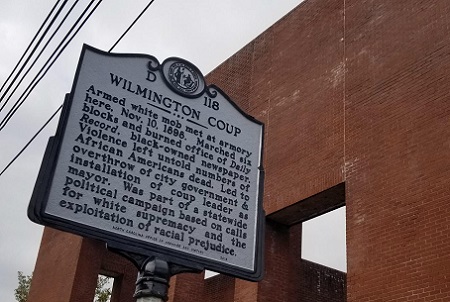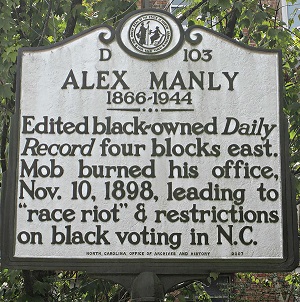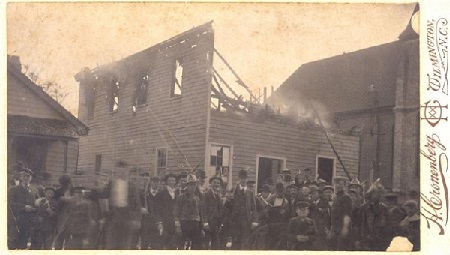Originally released May 8th, 1974, the Quincy Jones album Body Heat was shared with the world. The album features Jones on trumpet and vocals with Rhythm and Blues (R&B), Soul, Quiet Storm and Smooth Soul musicality. While including many jazz musicians on this album, the setting aside of jazz expectations for this album led to commercial success for this album that Jones never experienced with his own albums before or since.

Musicians supporting the Body Heat album include Chuck Rainey on bass, Max Bennett on bass, Melvin Dunlap on bass, Bernard ‘Pretty’ Purdie on drums, Dave Grusin on drums, electric piano and synthesizer, Grady Tate on drums, James Gadson on drums, Paul Humphrey on drums, Bob James on electric piano, Richard Tee on electric piano, Arthur Adams on guitar, David T. Walker on guitar, Dennis Coffey on guitar, Eric Gale on guitar, Phil Upchurch on guitar, Wah Wah Watson on guitar, Tommy Morgan on harmonica, Chuck Findley on horn, Clifford Solomon on horn, Frank Rosolino on horn, Hubert Laws on horn, Jerome Richardson on horn, Pete Christlieb on horn, Billy Preston on organ, Bobbye Hall on percussion, Herbie Hancock on piano, electric piano and synthesizer, Malcolm Cecil on synthesizer, Mike Melvoin on synthesizer, Robert Margouleff on synthesizer, Al Jarreau on vocals, Benard Ighner on vocals, Bruce Fisher on vocals, Carolyn Willis on vocals, Jesse Kirkland on vocals, Jim Gilstrap on vocals, Joseph Greene on vocals, Leon Ware on vocals, Minnie Riperton on vocals, Myrna Matthews on vocals and Tom Bahler on vocals.
Body Heat opens the album of Body Heat as the title track. Invoking a sensual night of physical intimacy, physical passion for two is on Quincy Jones mind.
Soul Saga (Song of the Buffalo Soldier) of course alludes to buffalo soldiers, African American cavalry regiments of the United States Army who served in the western United States from 1867 to 1896. I sense a hint of spirituals in this soulful, musically forceful testament to a past properly elevated to the level of saga, defined as “a long and complicated story with many details.” The song dignifies a past heroism and sacrifice too often lost to history, with uplifting sentiments of remembering.
Everything Must Change presents a smoother, mellow meditation on the inevitability of change. The male lead vocals backed with chorus with the medley of organ, piano and synthesizer instrumentation create beautiful movements of change, especially when the composition then changes to a horn based section coupled with drums and additional singing. The sentiment that accompanies plays alongside the music hits an uplifting note.

Boogie Joe the Grinder strikes me as a more sensual song with a musical feeling reminiscent of the song Body Heat. While the song’s messaging can and perhaps does speak more to the dance floor than the bedroom, the ability to see hints of intimacy are deliberate and well received.
Everything Must Change (Reprise) adds slightly more than a minute of a dreamlike feeling offered with the preceding Everything Must Change song.
The sensuality of One Track Mind both musically and lyrically is unmistakable. I find the reversal of having the female desire for intimacy taking a prominent expression, despite being expressed through the perspective of a male, interesting. The compositional and production value of the music of this song again breaks new ground when looked at from the overall album’s point-of-view.

The opening, yet mellow guitar opening and play throughout Just a Man hits me as strongly as the lyrical messaging of the song. The sensibility of a man’s dignity in being no fool in this world while not having advantages afforded others offers dignity and spiritual uplift for the soul.
The strictly instrumental Along Came Betty offers distinctiveness among other music on the Body Heat album. The force of the composition sustains the absence of lyrics, which compositionally aren’t needed given the appeal of the music.
If I Ever Lose This Heaven pairs well with the song Along Came Betty that precedes it owing to the ability of the music alone to stand on its own feet. That the song invokes the concept of heaven for the dreamy emotional state advances beyond the abstraction others convey with the emotional sanctity of, well, clouds. The desire to maintain the high, sensual or otherwise, leaves a feeling of warmth for the song and the album by being presented last.
Matt – Wednesday, May 8, 2024










